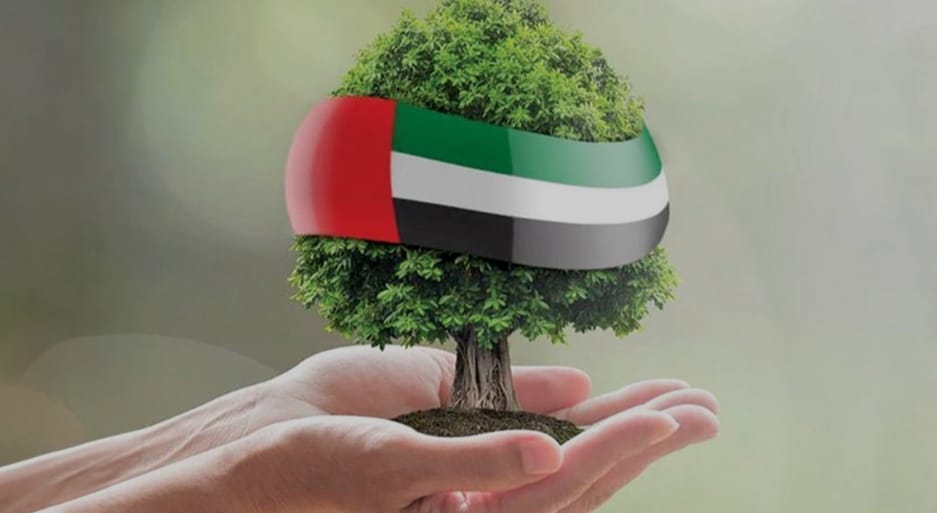UAE Leads Sustainability Efforts Amidst Climate Change: A Global Comparison

Hamsa Mezher
United Arab Emirates As environmental challenges and climate change become increasingly pressing, the United Arab Emirates stands out on the global stage with its ambitious sustainability initiatives. With rising temperatures, increasing desertification, and sea level rise, the need for sustainable solutions is more urgent than ever.
In this context, we explore the UAE's sustainability efforts in comparison with other leading countries.
UAE: Pioneering Renewable Energy and the Green Economy The UAE is at the forefront of adopting renewable energy, launching massive projects like the Mohammed bin Rashid Al Maktoum Solar Park, one of the largest solar energy projects in the world, aiming to generate 5,000 megawatts by 2030.
Additionally, the Barakah Nuclear Power Plant is a cornerstone of the UAE’s strategy to reduce carbon emissions and provide 25% of the country’s electricity needs.
In the realm of the green economy, the UAE has launched initiatives to promote sustainability, such as the "Green Economy Initiative," which aims to balance economic development with environmental protection.
The "Clean Up UAE" campaign encourages the community to maintain the environment by cleaning natural areas and beaches.
Germany: Energy Transition and Recycling In Germany, the "Energiewende" (Energy Transition) represents a national strategy to shift to renewable energy and reduce reliance on coal and nuclear power.
Germany is also expanding the use of solar panels and wind turbines. Germany relies on advanced recycling programs, achieving high recycling rates.
German cities also promote urban farming and increasing green spaces, enhancing urban environmental sustainability.
Sweden: Fossil-Free Energy and Sustainable Transport Sweden is committed to providing 100% renewable energy by 2040, harnessing geothermal and solar energy sources.
In the transport sector, Sweden encourages the use of public transportation and bicycles, reducing carbon emissions and promoting sustainable transport.
Japan: Green Technology and Water Reuse Japan focuses on developing and using clean technology, including solar and wind energy, while continuing to use nuclear energy safely and sustainably. Japan also employs advanced techniques for reusing water in industry and agriculture, alongside seawater desalination projects.
Global Comparison: UAE as a Model Reviewing the efforts of these countries clearly shows that the UAE adopts a comprehensive and advanced approach to addressing climate change.
In some aspects, the UAE surpasses its global counterparts, such as in solar energy and solar-powered desalination projects, making it a model for the region and the world.
Through its projects and initiatives, the UAE demonstrates its ability to lead the world toward a more sustainable future. While countries like Germany, Sweden, and Japan strive to achieve their environmental goals, the UAE remains a vivid example of how to balance economic development with environmental protection, ensuring a better quality of life for future generations



